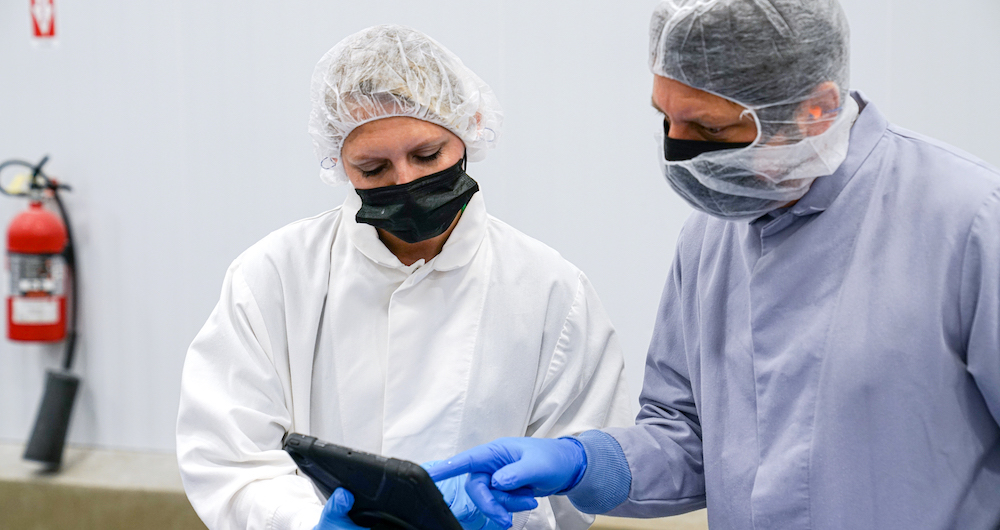Posted by Zosi Team

Under the Safe Quality Food (SQF) Code, Edition 9, substitute practitioners are now a mandatory component of your organization’s regulatory compliance. According to 2.1.1.4, Part B of the new SQF Code , site managers must designate a primary and at least one substitute practitioner for every site.
While some may already have these designations under way, this may be your first time appointing a backup practitioner. So, what exactly is a substitute practitioner, and how does this role benefit your plant?
What is a substitute practitioner?
Like primary SQF Practitioners, substitute practitioners develop, monitor, and maintain their facility’s SQF program. SQF programs are robust and dynamic systems that fortify food safety management. Successful upkeep and adjustment of such a system is a complex undertaking. As you may have guessed, leaving your SQF system in the hands of an individual – your primary SQF practitioner – leaves your plant open to a bevy of vulnerabilities. A substitute practitioner is there to mitigate these vulnerabilities – assisting or filling in should the primary practitioner be absent for any reason.
How can a substitute SQF Practitioner benefit me?
According to SQFI, there are a number of scenarios in which a substitute practitioner benefits your plant. Here are just a few:
Your plant operates with multiple work shifts. In this scenario, having more than one champion of your SQF system keeps everyone compliant, present, and productive.
Your primary practitioner is ill. Should your primary practitioner need to take the day off, your substitute practitioner can seamlessly step in without interrupting operations.
Your primary practitioner leaves the company. While your business searches for a replacement, your substitute practitioner can uphold the integrity of your SQF program.
An emergency presents itself in your plant. If an emergency occurs and your primary practitioner is unavailable, the substitute practitioner can lend a hand.
How do I become a substitute practitioner?
Substitute practitioners are subject to the same training requirements as primary practitioners. The SQF Practitioner must meet the following criteria:
For a more in-depth look at these requirements, click here.
Conclusion
SQFI’s shift to requiring substitute practitioners in all certified sites presents an opportunity to grow and fortify your food safety system. Having multiple practitioners not only assures your program is as strong as it can be at all times but lightens the load of primary practitioners no longer the sole advocate of the code.
Interested in practitioner training for yourself or your employees? Browse SQFI’s official online courses here!




